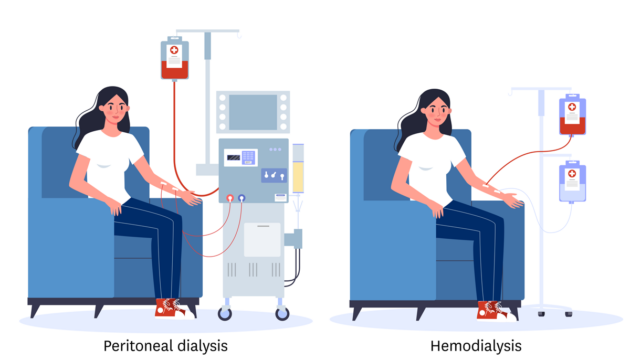Research
-
Clinical Outcome Measure Crosswalks in Alzheimer’s Disease: A Systematic Review
A key challenge in studies that model outcomes, disease progression, and cost-effectiveness of existing and emerging dementia treatments is the lack of conversion criteria to translate, or ‘crosswalk’, scores on multiple measurement scales.
Categorized in -
Optimizing Diabetes Screening Frequencies for At-Risk Groups
There is strong evidence that diabetes is underdiagnosed in the US: the Centers for Disease Control and Prevention (CDC) estimates that approximately 25% of diabetic patients are unaware of their condition.
Categorized in -
Advancing the Economics of Palliative Care: The Value to Individuals and Families, Organizations, and Society
A palliative care research agenda can help lay the foundation for building a strong evidence base to guide public policies meant to advance affordable, equitable, high-quality, patient-centered care.
Categorized in -
Effect of COVID-19 Vaccine Allocation Strategies on Vaccination Refusal: A National Survey
A new USC Schaeffer Center study finds that how vaccines are allocated may contribute to vaccine hesitant individuals later refusing the vaccine when it is made available to them.
Categorized in -
Challenging Assumptions of Outcomes and Costs Comparing Peritoneal and Hemodialysis
Policy makers have suggested increasing peritoneal dialysis (PD) would improve end-stage kidney disease (ESKD) outcomes and reduce Medicare spending compared with hemodialysis (HD). We compared mortality, hospitalizations, and Medicare spending between PD and HD among uninsured adults with incident ESKD.
Categorized in -
Revisiting Early Structural Findings of Asymmetric Information’s Non-Existence in Health Insurance
AHRQ Postdoctoral Research Fellow revisits an early structural model that tests for asymmetric information in health insurance.
Categorized in -
Racial and Ethnic Disparities in SARS-CoV-2 Testing and COVID-19 Outcomes in a Medicaid Managed Care Cohort
Though the study of racially diverse Medicaid patients indicated disproportionate risk among Latinos, USC researchers say it can’t be explained by higher rates of poverty or underlying health factors like obesity.
Categorized in -
Combining a Lottery Incentive with Protection Against Losing the Lottery Improves Exercise Adherence
Jason Doctor, who co-directs the Schaeffer Center’s Behavioral Science Program, designed a 12-week study to analyze two common incentives: direct cash rewards via a lottery and loss protection. The study consisted of 153 participants who were offered two exercise classes a week for 12 weeks.
Categorized in -
Do Medicare’s Facility Fees Incentivize Hospitals to Vertically Integrate with Oncologists?
A new paper examining whether or not hospitals strategically choose to vertically integrate with clinical oncologists in order to capture facility fees, a commonly cited reason for increased consolidation in the healthcare market.
Categorized in -
The Role of Church Support Networks in the Relationship between Discrimination and Psychiatric Disorders among Older African Americans
Few studies have examined the effects of discrimination on mental health specifically among older African Americans despite it being a common experience in this population.
Categorized in







